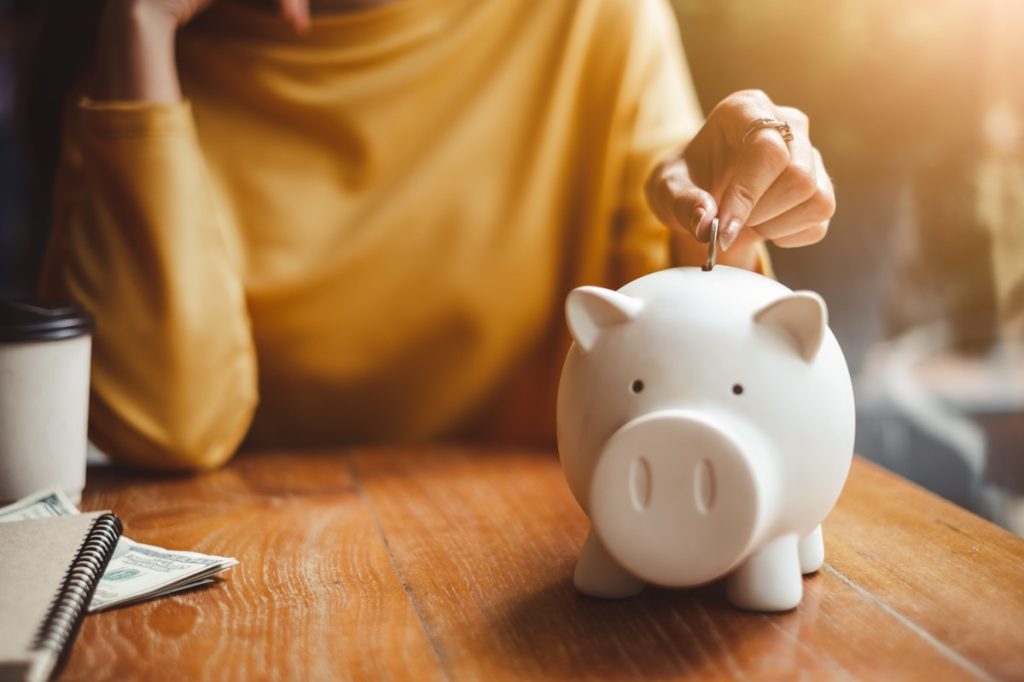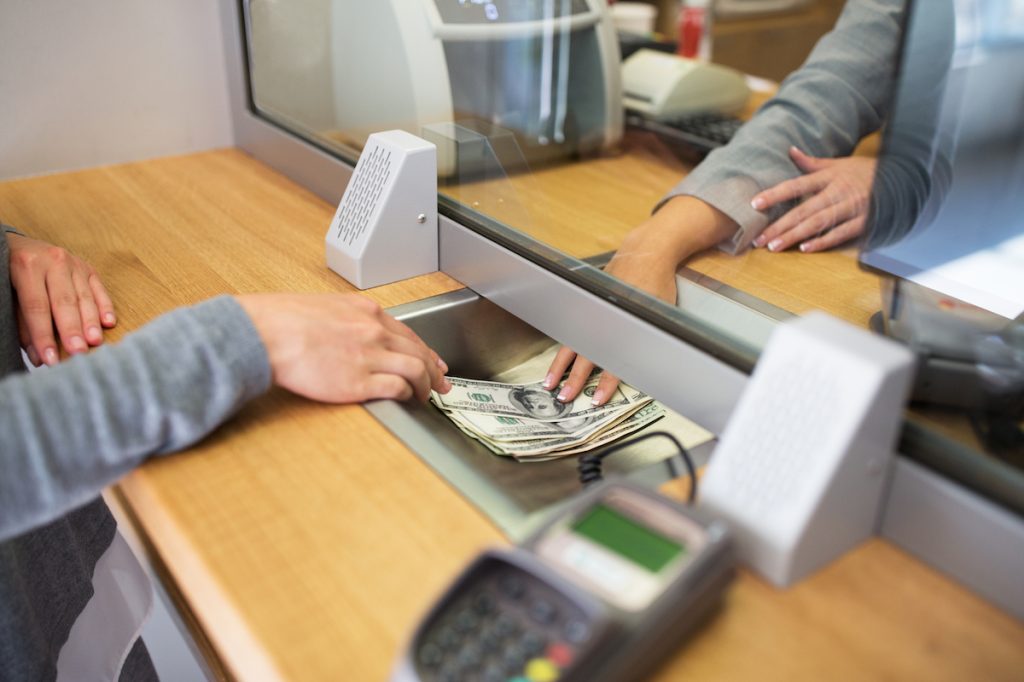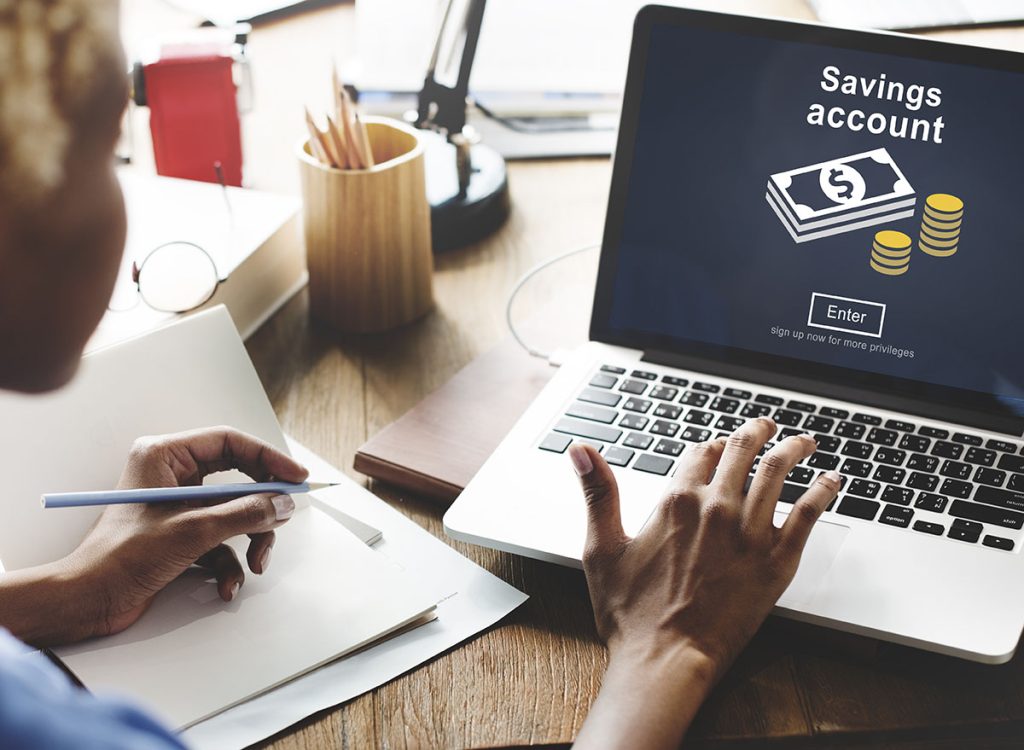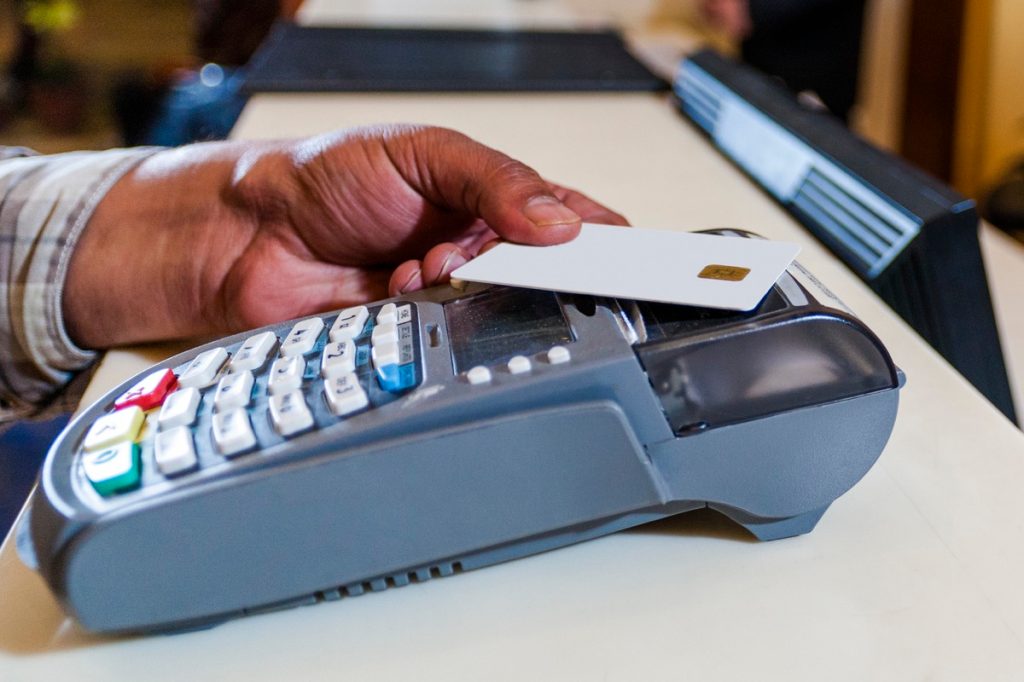How to Build an Emergency Fund: 9 Tips From Financial Experts

Most people save their money in hopes of using it for future financial goals, such as buying a house, paying for their children’s education, or living comfortably in retirement. But it’s also important to have funds available for when the unexpected occurs. Whether it’s a sudden loss of income, a home fire or flood, unexpected medical expenses, or essential car repairs, it’s prudent to stash away for the unforeseen.
“Building an emergency fund should be a top financial priority for anyone,” says Emily Trevino, senior managing partner and co-founder of Wise Insurance. “In my experience advising clients over the years, I’ve found that having a robust emergency fund can make all the difference during tough times.”
So, how can you ensure you’re doing the right thing when you’re away some extra cash? Read on for tips on how to build an emergency fund, according to financial experts.
RELATED: 10 Secrets That Can Help You Retire Early, According to Experts.
1
Pay yourself first.

There’s plenty to consider after your paycheck comes in, from covering bills to everyday expenses. But experts say one of the easiest ways to ensure you stick to stashing away funds is to make it a high priority.
“If you treat your savings like a bill and pay it first, then you won’t ever miss your monthly target,” Andrea Woroch, a consumer and money-saving expert. “Put it in a separate account so it’s out of the side and out of mind, and you will be forced to figure out how to spend less on everything else.”
2
Keep your emergency fund in an easily accessible place.

While you don’t want to be tempted to dip into it too often, you want to be able to access your emergency fund quickly, should you need it. That means finding a place where your stashed funds will be accessible.
“I recommend keeping your emergency savings in an FDIC-insured high-yield savings account,” Trevino suggests. “Avoid investing emergency funds in the stock market, where your principal could be at risk if you need the money quickly. Emergency savings should be easily accessible within days if necessary.”
RELATED: 9 Ways to Save Money on Household Essentials, According to Finance Experts.
3
Start small and be consistent.

Instead of setting yourself up for failure, begin saving with a realistic goal you know you can stick to.
“Set aside even just $25 or $50 from each paycheck, and have it automatically transferred into a separate high-yield savings account that’s not easy to access,” says Trevino. “The key is to not overthink the amount because something is far better than nothing.”
Setting up automatic transfers of $50 twice a month into a separate savings account can be sufficient to start. “It’s a small amount that you will surely not miss,” she says. “So when unexpected expenses pop up, you’re always prepared.”
Even with these tiny initial steps, you’ll be making moves toward achieving your goal. “Consistency is what really matters, even if you can only start with a small amount,” she says. “In time, it will grow into a financial safety net. The key is to just get started.”
4
Tuck away any unexpected windfalls of cash.

The thrill of coming into a little extra money can lead to instant temptation to spend it. However, you will likely be better off in the long run if you set it aside.
“Allocate tax refunds or bonuses to your emergency fund to give it a quick boost,” says Steve Sexton, CEO of Sexton Advisory Group. “This can be especially useful if you’re starting from scratch or need to increase your savings to match inflation.”
He also suggests directing a portion of any windfalls, such as inheritance or gifts, into savings to further build your fund.
RELATED: 10 Reasons You Should Switch to a High-Interest Savings Account.
5
Find a good savings account.

Not all options are created equal when it comes to places to stash your money. Experts recommend a trustworthy high-yield savings account.
“Look for an account with no annual fees and a reasonably high yield,” Scott Lieberman, founder at Touchdown Money. “Some savings accounts earn up to five percent APY or more, and as long as you let your fund build, you can avoid triggering fees.”
This way, any money you stash away will also be growing on its own on top of your contributions.
6
Increase your income.

The math is simple: when there’s more money coming in, there’s more to save. If you’re serious about coming up with enough to start saving, find ways to supplement or increase your income.
“Ask for a raise at your job or look for ways to earn additional income on the side that you can put entirely towards your emergency fund,” says Trevino. “Drive for a ride-sharing service in your spare time or do freelance work that you can do remotely. Any extra money you earn can help build your emergency fund faster.”
However, make sure you’re realistic with your expectations: Taking on extra work in an already busy schedule can make it harder in the long run to achieve career progression or stay efficient and well-rested as an employee, she adds.
7
Find a “round up” saving app.

As we move away from cash and towards tapping our cards or phones for all of our purchases, change jars and piggy banks are quickly becoming things of the past. But just because you’re not receiving physical change doesn’t mean you can’t put those dimes and quarters toward your savings goals.
“Use apps that round up your everyday purchases to the nearest dollar and save the difference,” suggests Andrew Latham, Certified Financial Planner (CFP) and managing editor at Supermoney.com. “This micro-saving technique is effortless and can add up to a substantial amount over time without you even noticing.”
Services such as Acorns can automate the process for you. Some banking institutions also offer this feature for account holders using their debit cards.
8
Cut back wisely.

Even with the best of intentions, when it comes time to actually make changes, it’s easy to feel overwhelmed by the process. So consider saving techniques that won’t make you feel like you’re dropping things you enjoy.
“Instead of broad cuts, identify specific areas for reducing expenses, such as unused subscriptions or high-cost social activities,” Sexton suggests. “Small adjustments can accumulate significant savings over time.”
To do this, conduct a monthly review of your spending to find new areas to cut back. For example, he cites canceling a $15-per-month subscription you rarely use and dining out one less time per week as an easy way to save around $80 monthly.
“Other ways to cut back include looking at ways to purchase the same items less expensively, such as buying in bulk, and, if you still work in the office, prepping your lunch at least three days a week,” he adds.
9
Regularly review your fund.

Regularly reviewing your accounts will help you stay on top of your finances, including your savings goals.
“Periodically evaluating your emergency fund helps ensure it remains adequate for your needs,” says Taylor Kovar, CFP and founder of 11 Financial. “As your financial situation changes, you might need to adjust your contributions to keep pace with increased expenses or changes in income.”